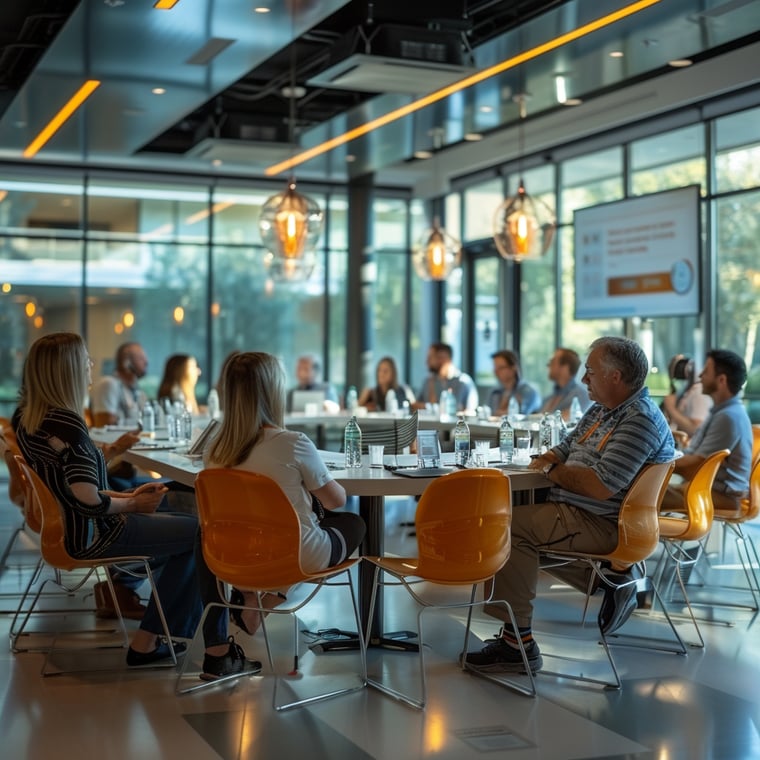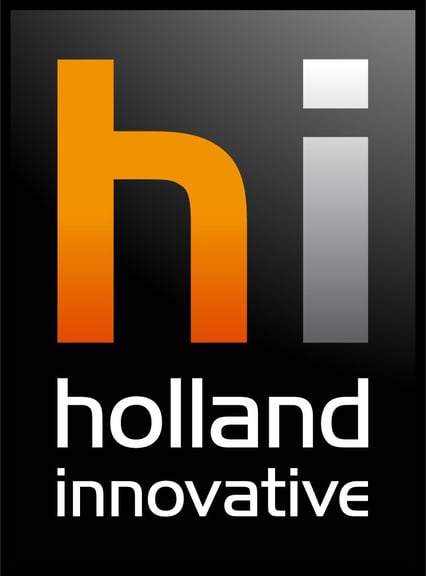The goal of the Manufacturing Technology Conference, which will be held on April 16 in Veldhoven, the Netherlands, is to bring together engineers from the design and manufacturing industry to share knowledge about manufacturability. The day will include lectures, workshops, and other knowledge sessions. For the first time, the Manufacturing Knowledge Center will also organize roundtables on specific topics.
"Those roundtables focus on current topics within the high-tech manufacturing industry," says Peter Spaan of Holland Innovative. "Our goal is to bring experts together in a private setting. That way, we ensure that participants share their best practices as well as their lesser experiences. After all, that's where we gain the most. These conversations can reveal a common problem and be the starting point for follow-up projects that benefit everyone. Some issues are competitive, but many are not; we look for the things that can support everyone."
An additional advantage of the closed setting is that the discussion will not be distracted by sales pitches from the participants, Spaan says. He expects the conversations to include, for example, the standards, norms, and other quality control issues. "Based on short presentations for each participant, we identify common topics that need further development and gauge interest in defining project proposals. We do expect participants to prepare well, to get the most out of the session."
There are 4 round tables to choose from:
Cleanliness and Contamination
Contamination is an increasingly important issue for the high-tech manufacturing industry, as was again evident recently during many meetings and papers on this topic. Modern vacuum technology and Extreme Ultraviolet (EUV) put the highest demands on the cleanliness of the process. The first steps towards standards have already been taken, but is it enough?
Quality of 3D printing
For several years, the partial replacement of machining techniques by 3D printing (additive manufacturing) has been on the rise. Because of this technology's popularity and wide availability, significant differences have emerged in the standards used. These have to do, for example, with overall quality, degree of loading, and the degree of contamination. How can you be sure that no grains are dislodged and no dirt is left behind in hidden chambers?
Re-use, remanufacture, refurbish
In a circular economy, where sustainability is an all-important factor, product quality must not be compromized. Among the challenges to be expected in this regard are longevity, quality guarantees, and load capacity. Absolute standards are problematic in this regard, but best (and worst) practices can go a long way.
Product Lifecycle Management (PLM).
A notable trend is the integration of manufacturing instructions into engineering designs due to changing product lifecycle management (PLM) practices. The industry is also looking for new standards for this topic. Participants in this roundtable can share their experiences and expectations.
For more information about the roundtables and requests for participation, please reach out to Peter Spaan: peter.spaan@holland-innovative.nl. The roundtables are an initiative of the Manufacturing Knowledge Center (previously known as Knowledge Sharing Center), with support from Holland Innovative.



.jpg?width=200&name=Holland%20Innovative%20summer%20academy%20-%20Project%20Management%20Masterclass%202%20(2).jpg)